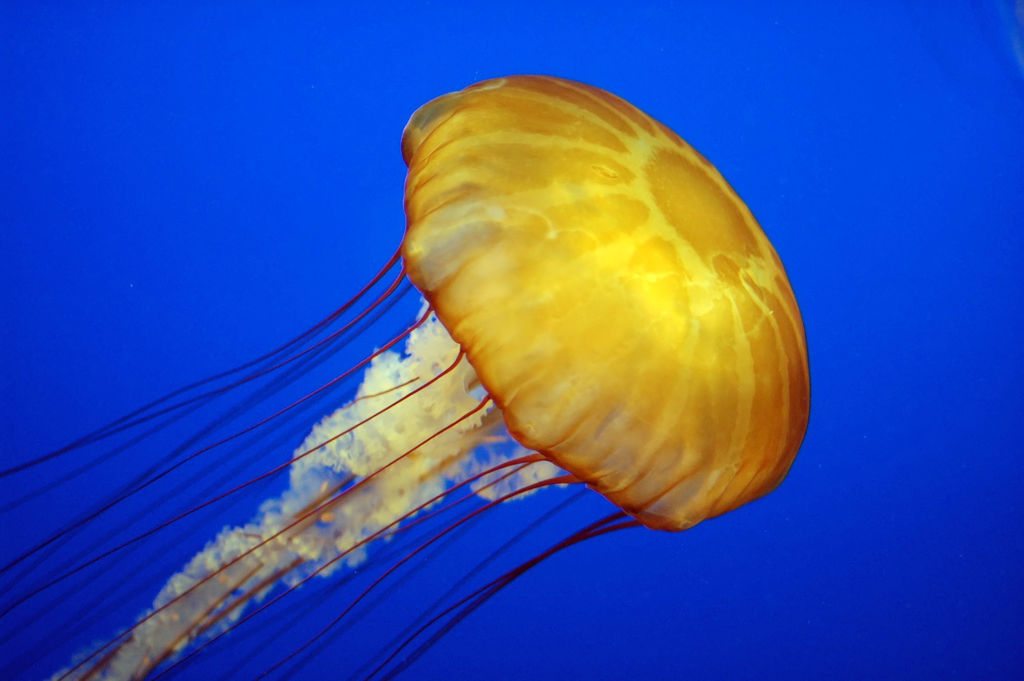With summer in full swing, it’s a perfect time to brush up on health and outdoor safety tips. How many of the following myths did you believe were true?
1. Myth: Life vests aren’t necessary for boating
To meet U.S. Coast Guard requirements, a boat must have a S. Coast Guard-approved Type I, II, II or V life jacket for each person aboard. Boats 16 feet and over must have at least one Type IV throwable device as well. Be aware that ALL states have regulations regarding life jacket wear for children. It is imperative that all children wear lifejackets that fit appropriately. Drowning is the single biggest cause of death in recreational boating accidents and studies have show than alarming 80% of drowning victims were NOT wearing life jackets when found.
2. Myth: You don’t need to wear sunscreen on a cloudy day
Unfortunately, you CAN get a sunburn on a cloudy day. The sun’s rays are strong enough to penetrate the clouds. The best way to avoid a sunburn is to stay out of the sun, especially during the hours of 10 a.m. and 4 p.m., when the sun’s ray are the strongest. If you can’t avoid sun exposure all together, be sure to wear a heat, shirt and sunglasses to minimize exposure. Also, apply sunscreen with an SPF of 30 or more. A regular sunscreen regimen will help prevent premature wrinkles, skin cancer and other harmful effects from the sun.
3. Myth: It is safe to leave children or pets in the car if it’s only a few minutes
Heatstroke is the leading cause of non-crash, vehicle-related deaths for children. On average, a child dies every ten days from heatstroke in a vehicle. Don’t ever leave children alone in the car– not even for a second. Even in the matter of a few minutes, temperatures can spike to dangerously high levels. If you see a child alone in the car, don’t hesitate to call 911 immediately. You could help save a life.
4. Myth: Swimming after eating is dangerous
This common myth has been around for generations. Truth be told, there’s no evidence to indicate taking a dip after lunch promotes cramping any more so than any other activity. However, swimming after consuming alcohol IS dangerous. Intoxication can lead to impaired thinking and judgment, which can mean danger for even the strongest swimmer.
5. Myth: Urinating on a jellyfish sting will relieve pain
Urinating on a jellyfish sting is both gross and ineffective. In fact, most experts agree that heeding this old wives tale might actually make the pain worse. Instead, medical professionals recommend treating the area with diluted vinegar and then soaking the stung area in a hot water rinse. Jellyfish stings are rarely deadly, but are often very painful. If symptoms become severe, call 911 immediately.
Do you have a myth you’d like the DTN team to debunk next?











